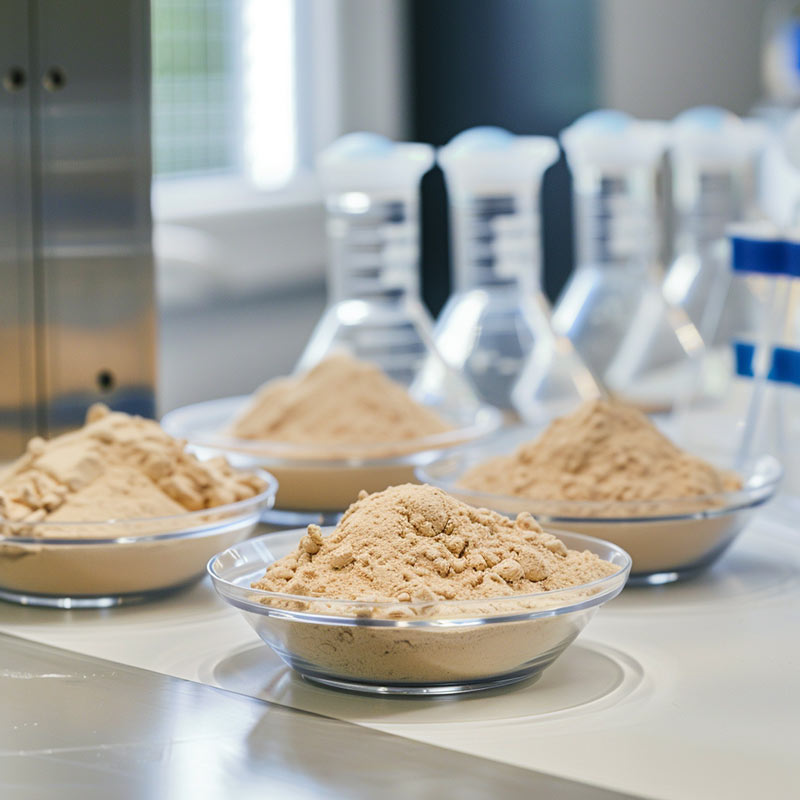The Role of Carbohydrates in Performance and Recovery
Explore in this blog post how carbohydrates can affect your endurance and what role they play in your performance and recovery.


Glycogen Stores
Keys to Long-Term Energy Supply

Energy Supply
Fuel for Muscle Contractions During Activity

Endurance Performance
Optimization for Sustained Athletic Performance
A Common Phenomenon
Do you know the feeling of training hard but not seeing any visible progress? Or have you ever wondered why some training sessions feel easier than others? Perhaps you’ve even tried to push your limits by training longer and harder, only to find that fatigue is holding you back?
Yes, many people have had this experience. It can be frustrating to train hard but not see improvement, or to notice that training is sometimes easier and sometimes harder. The question of how to take endurance to the next level is relevant for many athletes. This blog post explores the crucial role that carbohydrates play in fueling endurance activities and how they can optimize athletic performance and recovery.
Understanding Carbohydrates
Carbohydrates are often misunderstood, but they are an important macronutrient, especially for athletes. When consumed, carbohydrates are converted into glucose, which serves as the primary energy source for muscles during exercise. Glucose is stored as glycogen in the muscles and liver, which is then used to fuel muscle contractions during physical activity.

The Importance of Carbohydrates for Endurance
Adequate carbohydrate intake is crucial for improving endurance performance. Especially in endurance exercises, the availability of carbohydrates plays a central role. When glycogen stores are depleted, it can lead to a rapid decline in performance and a feeling of fatigue, especially during activities lasting longer than 90 minutes or involving intense intervals, such as long-distance running or cycling races.
Fatigue during training is influenced by various factors. The availability of carbohydrates plays a key role in this. During training, the glycogen stores in the muscles are continuously depleted to provide energy for muscle contractions. When these stores are depleted, muscle work becomes increasingly difficult. As a result, a feeling of fatigue occurs.
The optimal amount of carbohydrates can be crucial to maintain endurance and performance at their peak. An adequate intake of carbohydrates before, during, and after exercise can help maintain glycogen stores and delay fatigue. The following table provides an overview of how much carbohydrates are needed to support performance without compromising it.
Example: A athlete weighing 80 kg, participating in a very intense training day (1 hour), should consume between 480-960 g of carbohydrates. This is approximately equivalent to 1-2 kg of bread or about 1 kg of spaghetti. These examples illustrate the importance of carbohydrates as fuel for performance and how much is needed to enhance performance.
Conclusion
In summary, carbohydrates are crucial for providing energy during endurance activities and play a key role in delaying fatigue. The more intense the training, the higher the need for carbohydrates to maintain performance and avoid fatigue.
By monitoring carbohydrate intake and providing the body with adequate fuel, endurance can be taken to new heights, and fitness goals can be achieved more effectively. It is of great value to harness the power of carbohydrates for peak performance and endurance optimally.
Stay tuned for further updates on how to integrate an appropriate carbohydrate strategy for your training in future articles.
Carbohydrate Requirements for 1 Hour of Exercise
|
Training and Activity Level |
Carbohydrate Intake (g/kg Body Weight per Day) |
Example for an athlete weighing 80 kg |
Example for an athlete weighing 60 kg |
|
Light |
3-5 |
240-400 |
180-300 |
|
Moderate |
5-7 |
400-560 |
300-420 |
|
High |
6-10 |
480-800 |
360-600 |
|
Very High |
8-12 |
640-960 |
480-720 |
Source: Burke et al., 2011

